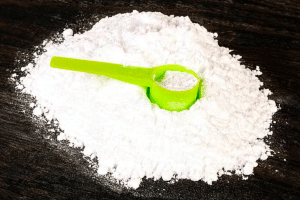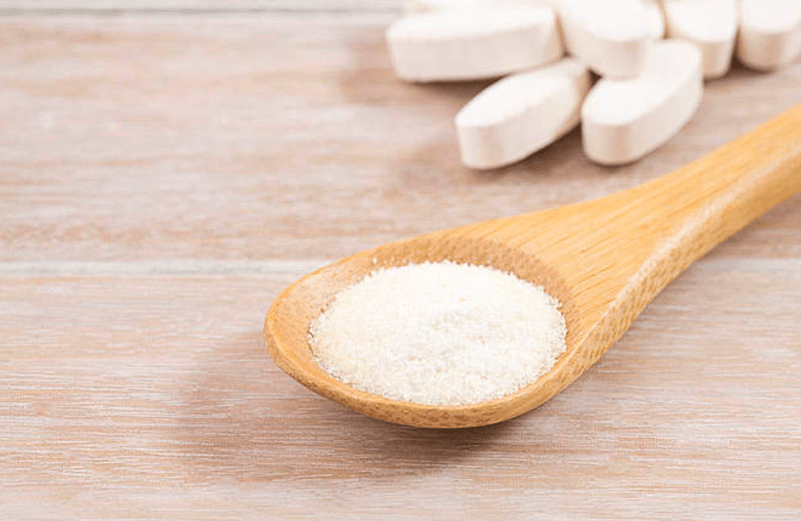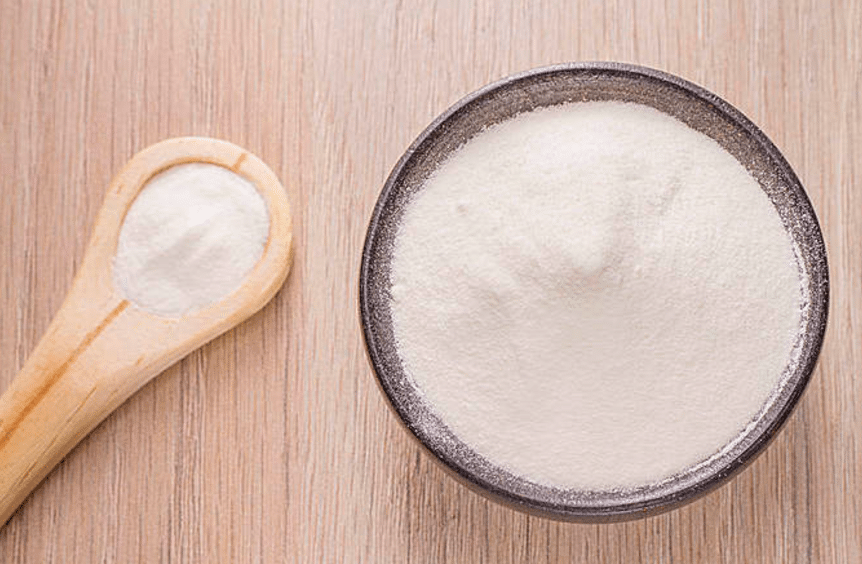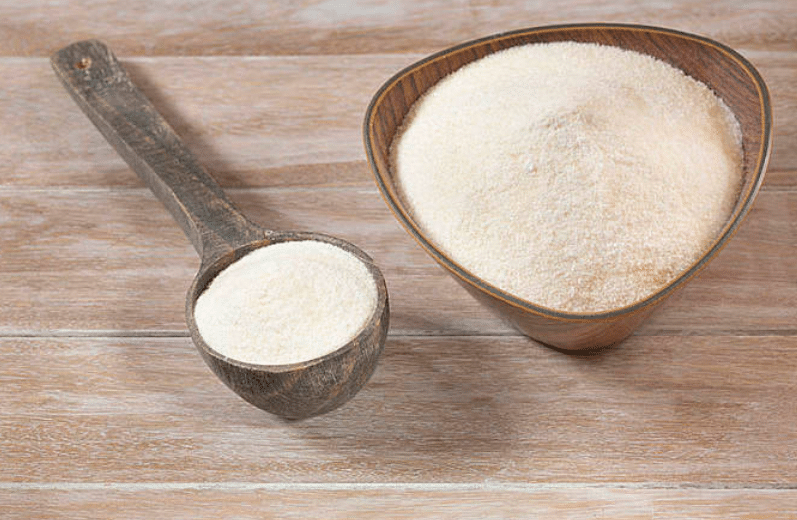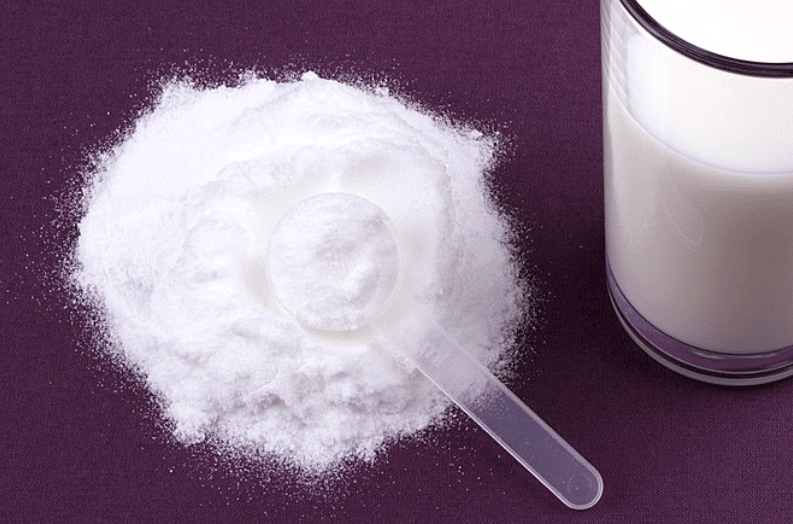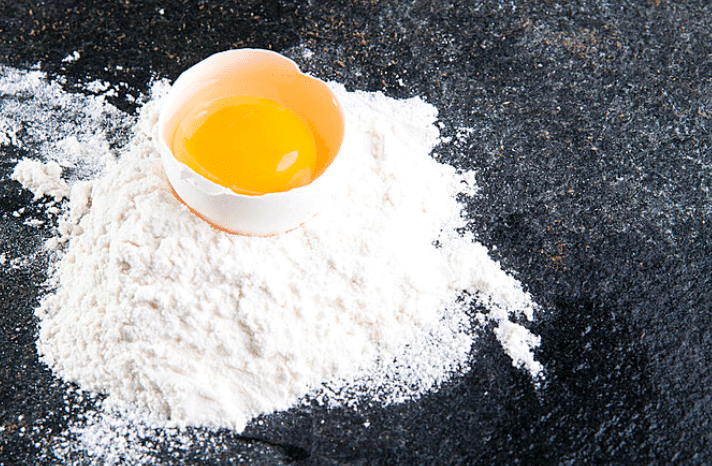amino acids supplier&Manufacturer
Welcome to Gensei, your trusted amino acids supplier for a comprehensive range of high-quality amino acids ingredients. As a leading amino acids manufacturer and amino acids factory, we specialize in providing bulk amino acids to meet the diverse needs of the nutritional supplement, food, and pharmaceutical industries.
We pride ourselves on being a premier amino acids supplier, offering an extensive selection of both essential and non-essential amino acids in powder form. Our commitment to quality ensures that all our amino acids ingredients meet stringent purity and potency standards. Whether you require individual amino acids or custom blends, Gensei is your reliable source.
As a global amino acids supplier, we have established strong relationships with manufacturers worldwide, including in amino acids china, allowing us to offer competitive pricing for amino acids wholesale. Our extensive network ensures a consistent and dependable supply of the amino acids you need for your production.
From single amino acids powder to complex formulations, Gensei is more than just a supplier; we are your partner in sourcing top-tier amino acids ingredients. Our expertise as an amino acids manufacturer allows us to understand the intricacies of production and quality control, ensuring that you receive only the best. Explore our wide selection of amino acids and discover why Gensei is the preferred amino acids supplier for businesses worldwide. Contact us today for your bulk amino acids and wholesale inquiries.
Why Choose Gensei as Your amino acids supplier?
When it comes to sourcing high-quality amino acids for your manufacturing needs, Gensei offers a compelling combination of reliability, quality, and comprehensive service that sets us apart as your ideal partner. We understand the critical role amino acids play in various industries, from dietary supplements and sports nutrition to food and pharmaceuticals, and we are committed to providing you with the best ingredients to fuel your success.
Uncompromising Quality and Purity
Extensive and Diverse Product Range
Reliable and Secure Global Supply Chain
Competitive Pricing and Exceptional Value
Expertise and Dedicated Customer Support
Your Partner for Growth
Our State-of-the-Art Manufacturing Facilities
Explore our modern facilities equipped with advanced technology to ensure the highest quality in the production of your vitamins, herbal extracts, minerals, and amino acids.

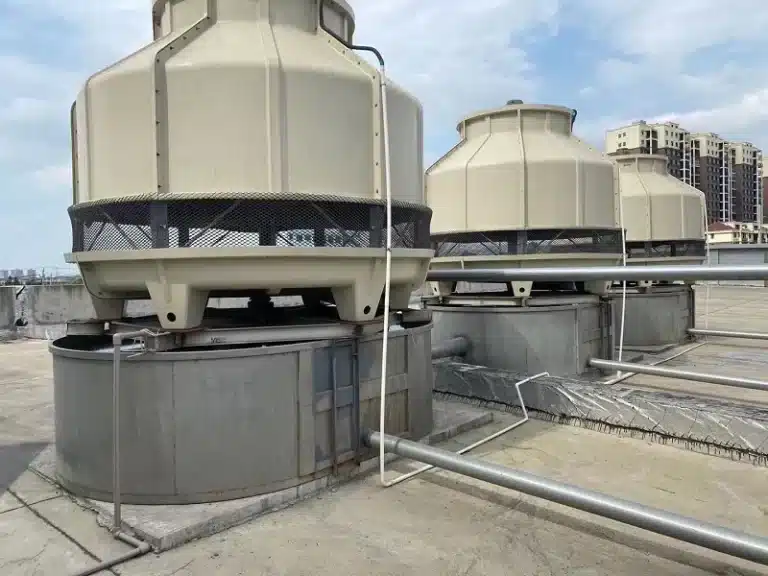
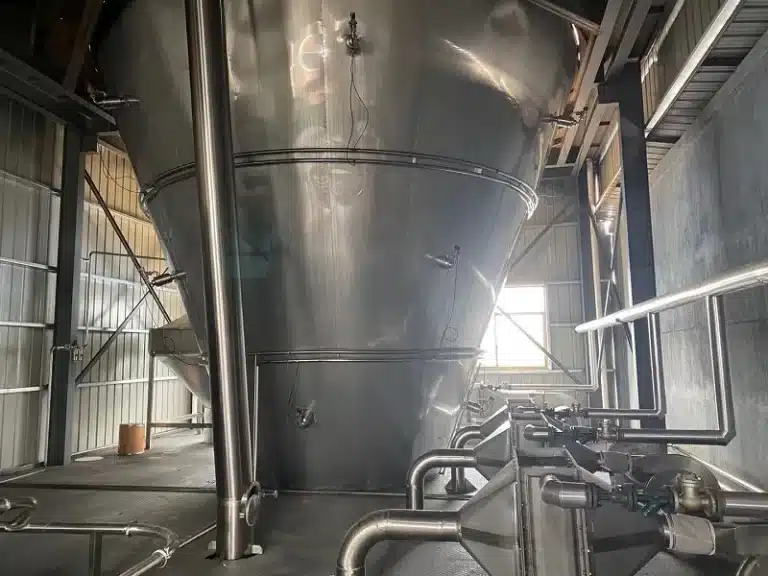

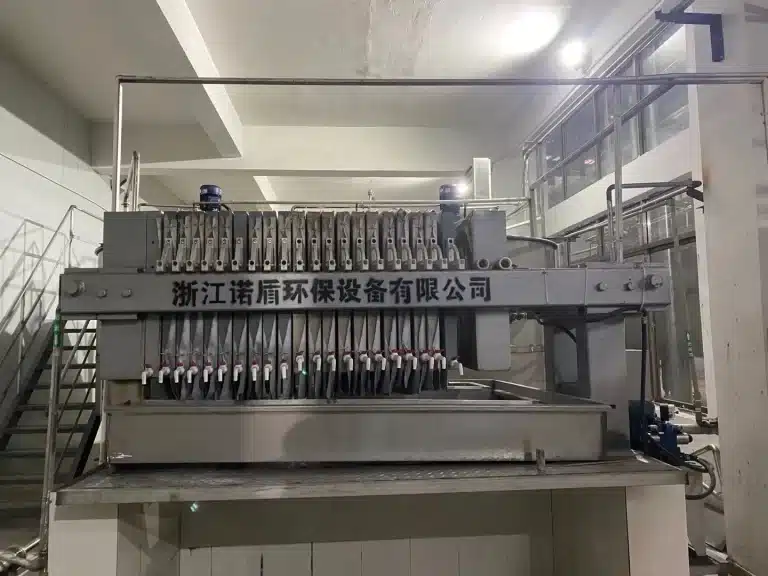
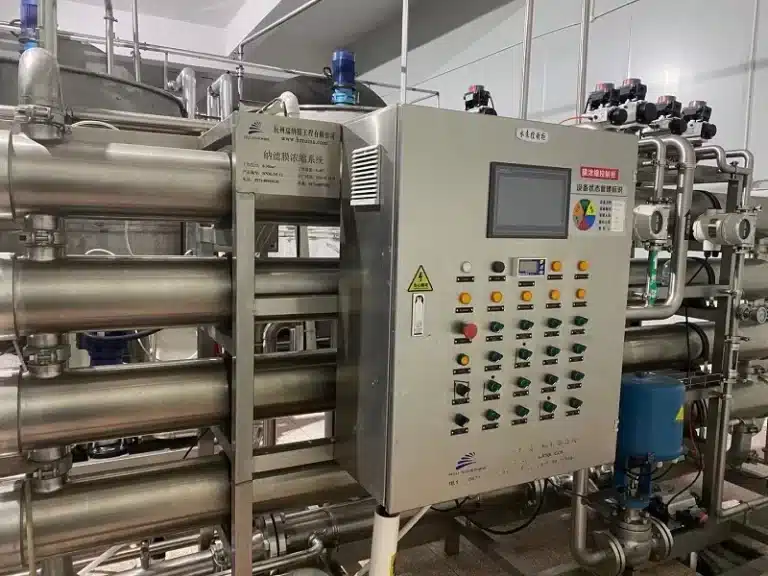
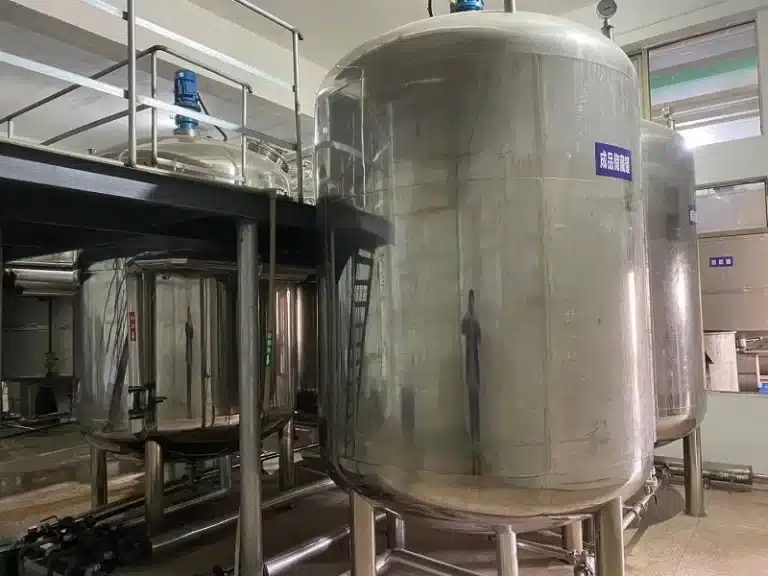
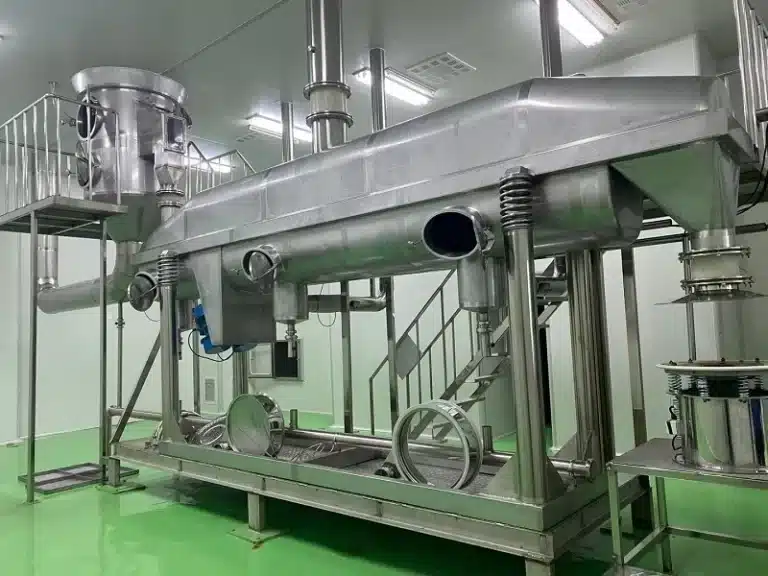









Detailed Amino Acid Extraction Process Flowchart
1. Hydrolysis
(e.g., Soybeans, Corn, Casein, Feathers)
(Mix with strong acid/enzyme & heat under pressure)
(Peptide bonds are broken down)
(Acidic solution neutralized with a strong base)
(Filtration, Decolorization, Ion-Exchange Chromatography)
(Concentrated solution forms crystals)
(Remove remaining moisture)
2. Fermentation
(Specific strain grown in a bioreactor)
(Microorganisms produce amino acid in nutrient-rich broth)
(Microorganisms removed via centrifugation or filtration)
(Ion-Exchange Chromatography, Precipitation, Membrane Filtration)
(Purified solution forms crystals)
(Remove remaining moisture)
3. Chemical Synthesis
(Selected based on target amino acid structure)
(Series of reactions under controlled conditions)
(Crystallization, Distillation, Chromatography)
(Further purification step for some amino acids)
FAQ
Amino acids are organic compounds often called the "building blocks" of protein. When you eat protein, your body breaks it down into individual amino acids, which are then used to build the specific proteins your body needs. There are 20 common amino acids used by the human body.
- Essential Amino Acids (EAAs): There are 9 essential amino acids that your body cannot produce on its own. You must obtain these through your diet. They are: histidine, isoleucine, leucine, lysine, methionine, phenylalanine, threonine, tryptophan, and valine.
- Non-Essential Amino Acids: These are amino acids that your body can synthesize on its own, usually from other amino acids or metabolic intermediates.
- Conditionally Essential Amino Acids: These become essential under certain conditions, such as illness, stress, or specific developmental stages, when the body's ability to produce them may not meet its needs. Examples include arginine, glutamine, and cysteine.
- Their primary role is protein synthesis – building and repairing tissues like muscles, skin, hair, and organs.
- They are precursors for enzymes, hormones (like insulin), and neurotransmitters (like serotonin and dopamine).
- They play roles in immune function, nutrient transport, and can sometimes be used as an energy source.
Exercise causes microscopic damage to muscle fibers. Amino acids, particularly the EAAs (and especially leucine), signal and provide the raw materials for repairing this damage and building new muscle tissue (muscle protein synthesis).
- Amino acids are found in protein-rich foods.
- Complete Proteins (containing all 9 EAAs): Animal sources like meat, poultry, fish, eggs, and dairy products. Soy and quinoa are notable plant-based complete proteins.
- Incomplete Proteins (lacking one or more EAAs): Most plant-based foods like beans, lentils, nuts, seeds, and grains. Eating a variety of plant sources throughout the day usually provides all necessary EAAs
For most healthy individuals eating a balanced diet with adequate protein, the answer is generally yes. Dietary protein provides the necessary pool of amino acids.
BCAAs (Branched-Chain Amino Acids) refer to three specific essential amino acids: leucine, isoleucine, and valine. They have a unique branched chemical structure and are particularly important for muscle protein synthesis and energy during exercise.
- BCAA supplements provide only the three branched-chain amino acids (leucine, isoleucine, valine).
- EAA supplements provide all nine essential amino acids. Since protein synthesis requires all EAAs, EAA supplements are often considered more effective for promoting muscle growth and recovery than BCAAs alone.
This depends on your diet, goals, and exercise level. They may be beneficial for:
- Athletes undergoing intense training to support recovery and muscle growth.
- Individuals with low dietary protein intake.
- Vegans/vegetarians who might want insurance they're getting sufficient EAAs.
- Potentially during periods of calorie restriction to help preserve muscle mass.
- Athletes undergoing intense training to support recovery and muscle growth.
- However, they are not essential if your dietary protein intake is sufficient.
- efore or during workouts: To potentially provide energy, reduce muscle breakdown, and lessen fatigue.
- After workouts: To kickstart muscle repair and synthesis.
- Between meals: To help maintain elevated muscle protein synthesis rates.
- Amino acid supplements are generally considered safe for healthy adults when taken at recommended doses.
- Excessive intake could potentially cause digestive issues (like nausea or bloating) or, theoretically, place strain on the kidneys over the long term (similar to very high protein diets). It's always wise to stick to recommended dosages and consult a healthcare professional if you have pre-existing health conditions.

